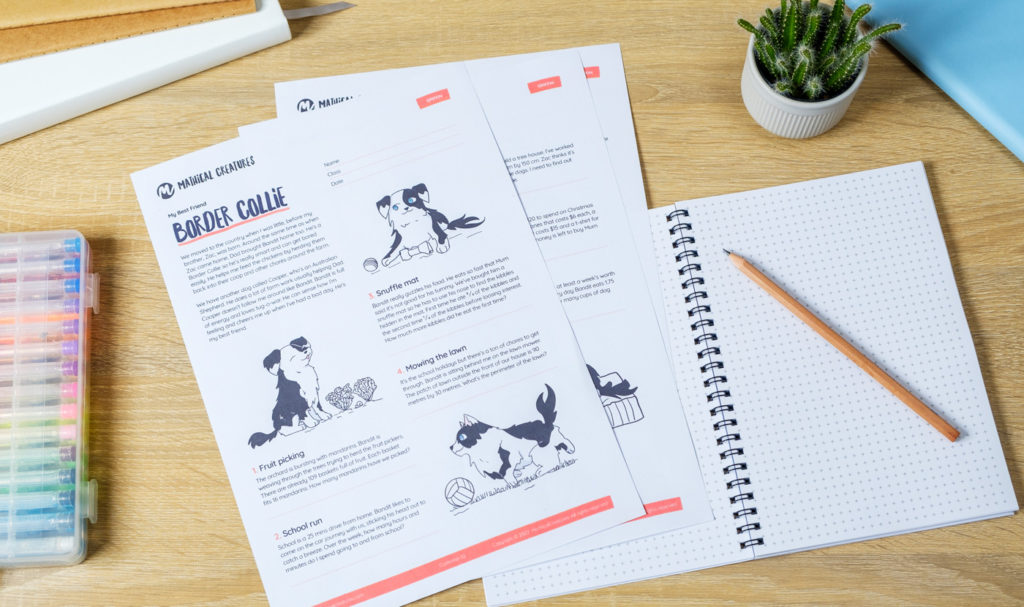Helping our children form good habits early on is super important. And, I’m not talking about the usual “eat your veggies” and “brush your teeth” habits. I’m talking about the habits that will shape their futures and help them become their best selves.
Now, I know what you’re thinking: “But Cho, habits are hard! How can I possibly help my child stick to them?” And I get it, I really do. But, you know what’s even harder? Regret. And, if we don’t help our children form good habits now, they’ll end up regretting it later on in life. And, who wants that for their kiddos, right?
So, how do we do this? How do we help our children form good habits that will stick? I have the answer for you, well, it’s in a book called, “Atomic Habits” by James Clear.
Here are the key insights from the book. And I’ve incorporated examples specific to learning maths:
1. Take small, baby steps
Don’t try to tackle calculus overnight! Start with simple addition and subtraction, and gradually build from there. And instead of aiming for an hour-long study session, start with 10 minutes a day or even just every week, and gradually build up.
By starting small, you’ll get the routine anchored firmly in place. Clear states that it’s the number of repetition that forms habits, not the amount of time spent.

2. Make it obvious
Put the habit front and centre in your child’s life. Place a visual reminder on the fridge, use a habit tracker app, or set a daily alarm to remind your child to practice maths.
It’s a good idea to set a routine by making maths practice the same time of the day or same day of week. Consistency is key.
3. Make it attractive
Who says math can’t be fun? Incorporate elements of enjoyment into your child’s routine by playing math games, solving puzzles, or even making up silly math songs. Use maths worksheets that are visually appealing and on topics that your child’s into.
Habits are more likely to stick if they are associated with positive emotions because your brain learns it’s worth repeating.

4. Make it easy
Reduce any barriers to practicing maths. Provide your child with the necessary resources, such as worksheets, calculator, and whatever else they need to study.
Make sure the environment is conducive to learning by banishing digital distractions and reducing anything else that might interfere with their focus.
5. Make it satisfying
Celebrate each time the habit is completed and reward your child. This will reinforce the behaviour and help them stick to the habit. You could give your child a gold star for every time they complete a maths worksheet, or have extra screen time after a week of successful habit building.
What is immediately rewarded is repeated.
James clear
The most important rule of behavioural change is to make it a pleasurable experience. A feeling of pleasure is a message to your brain that says this feels good, let’s repeat it.

6. Create an identity
Help your child develop an identity as someone who engages in the habit. For example, instead of thinking of themselves as someone who is “trying to study maths,” help them think of themselves as someone who is “a student who values learning.” This shift in identity can make the habit feel more meaningful and increase your child’s motivation to stick with it.
With these simple steps, they’ll be adding, subtracting, and dividing their way to success in no time!
If you're looking for a visually appealing maths worksheets to help your child form a strong math study habit, be sure to check out our free maths worksheets.






